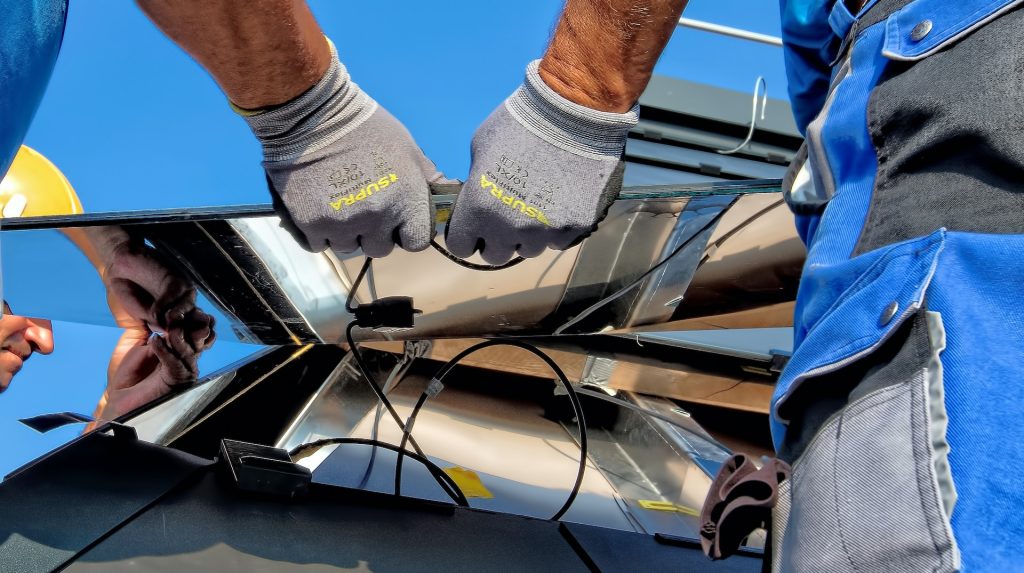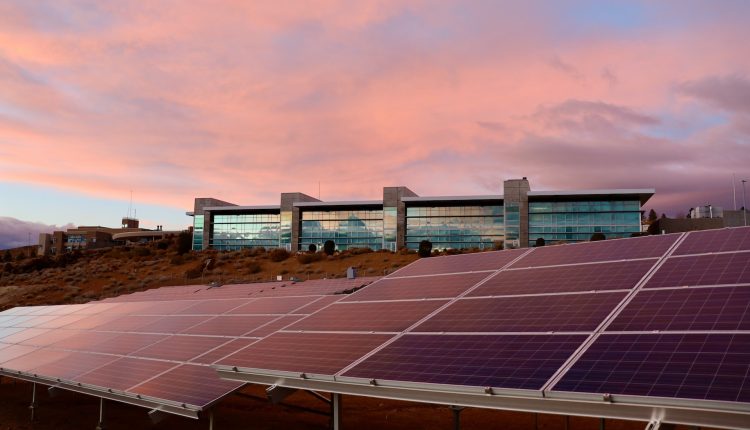Switching to solar energy is a wise and eco-friendly decision that will not only help you save on your electricity bills but also reduce your carbon footprint. Installing solar panels on your rooftop is an excellent way to harness the sun’s energy and power your home with green energy. the cost of solar panel installation can be a significant barrier for many homeowners. there are multiple financing options available that can help you fund your solar panel installation.
In this article, we will discuss the 7 financing options for your solar panel installation. From loans and leases to grants and rebates, we will cover everything you need to know to make an informed decision.
Best 7 Financing Options for Your Solar Panel Installation
- Solar Loans.
- Home Equity Loans.
- Power Purchase Agreements.
- Solar Leases.
- Property Assessed Clean Energy (PACE) Loans.
- Government Incentives.
- Personal Savings.

1. Solar Loans
A solar loan is a financing option that allows you to borrow money to pay for your solar panel installation. These loans are typically offered by banks, credit unions, and specialized solar lenders.
Pros of Solar Loans
- Low-interest rates.
- Long repayment terms.
- No upfront costs.
- Tax benefits.
Cons of Solar Loans
- Requires a good credit score.
- The loan approval process can be time-consuming.
2. Home Equity Loans
A home equity loan is a type of loan that allows you to borrow against the equity in your home. This financing option is ideal for homeowners who have built up equity in their homes and are looking for a low-interest loan to pay for their solar panel installation.
Pros of Home Equity Loans
- Best Low-interest rates.
- Long repayment terms.
- Benefits in Taxation.
Cons of Home Equity Loans
- Requires a good credit score.
- Your home is used as collateral.
- A longer loan approval process.
3. Power Purchase Agreements
A power purchase agreement (PPA) is a financing option where a solar provider installs solar panels on your roof at no cost to you. You agree to purchase the electricity generated by the panels at a fixed rate for a predetermined period.
Pros of Power Purchase Agreements
- No upfront costs.
- Guaranteed electricity rates.
- Low-risk investment.
Cons of Power Purchase Agreements
- You don’t own the solar panels.
- Long-term contract.
- Limited control over your energy production.
4. Solar Leases
A solar lease is a financing option where a solar provider installs solar panels on your roof at no cost to you. You pay a monthly lease payment to the solar provider for the use of the panels.
Pros of Solar Leases
- No upfront costs.
- Low monthly payments.
- Limited maintenance responsibilities.
Cons of Solar Leases
- You don’t own the solar panels.
- Long-term contract.
- Limited control over your energy production.
5. Property Assessed Clean Energy (PACE) Loans
A PACE loan is a financing option where a local government or private lender provides funding for energy-efficient upgrades to your home, including solar panel installation. The loan is repaid through your property tax bill.
Pros Of PACE Loans
- No upfront costs.
- Repaid through your property tax bill.
- No minimum credit score requirement.
Cons Of PACE Loans
- Higher interest rates.
- Your home is used as collateral.
- PACE loans are not available in all areas.
6. Government Incentives
There are several government incentives available to homeowners who install solar panels. These incentives include tax credits, rebates, etc.
Pros of Government Incentives
- Reduced upfront costs.
- Potential tax benefits.
- Reduced electricity bills.
- Increased property value.
Cons of Government Incentives
- The application process can be time-consuming.
- Some incentives may have eligibility requirements.
- Incentives may vary by state and region.
7. Personal Savings
If you have personal savings, you can use them to pay for your solar panel installation. This financing option allows you to avoid interest payments and maintain full ownership of your solar panels.
Pros of Using Your Personal Savings
- No interest payments.
- Full ownership of your solar panels.
- The immediate return on investment.
Cons of Using Your Personal Savings
- Can be a significant financial investment.
- May not be feasible for all homeowners.
FAQs About Solar Panel Installation
Q: How much does it cost to install solar panels?
Ans: The cost of solar panel installation can vary depending on several factors, including the size of the system, location, and the type of panels. On average, homeowners can expect to pay between $10,000 and $30,000.
Q: Can I finance my solar panel installation with bad credit?
Ans: It may be more challenging to finance your solar panel installation with bad credit, but some financing options, such as PACE loans, may not require a minimum credit score.
Q: Are there any tax incentives for installing solar panels?
Ans: Yes, there are several tax incentives available to homeowners who install solar panels, including a federal solar investment tax credit.
Q: Can I install solar panels if I live in an apartment or a rented house?
Ans: Installing solar panels in an apartment or a rented house may not be feasible, but you may still be able to benefit from solar energy by choosing a green energy provider or community solar program.
Conclusion
Installing solar panels is an excellent investment in your home and the environment, and there are several financing options available to make it more accessible. Whether you choose a solar loan, a PPA, or government incentives, you can enjoy reduced energy bills and a reduced carbon footprint. By understanding the 7 financing options for your solar panel installation, you can make an informed decision and take a step toward a more sustainable future.


